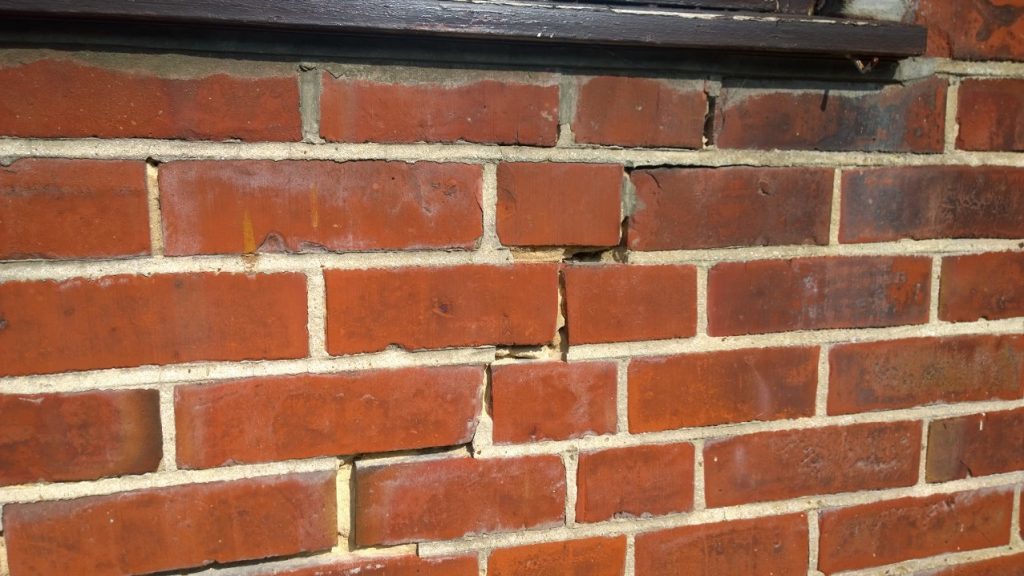- BY Kevin Barry BSc(Hons) MRICS
- POSTED IN Latest News
- WITH 0 COMMENTS
- PERMALINK
- STANDARD POST TYPE

The Real Cost of Neglect: A QS View on Northern Ireland’s School Estate Crisis
By Quintin QS — 16 October 2025
The Northern Ireland Assembly’s Public Accounts Committee (PAC) has delivered one of the most damning assessments ever of how we manage public infrastructure. Its Report on Managing the Schools’ Estate reads like a case study in what happens when asset management, funding, and foresight collapse under pressure.
For those of us in construction, the findings are depressingly familiar — buildings left to decay, short-term budgets driving decisions, and no data linking spending to value. From a Quantity Surveyor’s standpoint, this isn’t just an education problem. It’s a systemic failure of cost control, lifecycle thinking, and strategic asset management.
£800 Million Backlog — and Counting
The PAC estimates a maintenance backlog of between £600 and £800 million across Northern Ireland’s 1,100+ schools — but admits it doesn’t really know. Condition surveys are years behind, and the Department of Education’s data is described as “fragmented and outdated.”
Without accurate asset information, there can be no prioritisation or value assurance. In QS terms, it’s like running a capital programme with no Bill of Quantities — money goes out, but nobody knows where the value lies.
Preventative Maintenance: The Value-for-Money Blind Spot
Perhaps the most striking finding is that no preventative maintenance programme exists. Everything is reactive. The result? Minor defects become major failures, statutory works pile up (£29m and growing), and long-term costs escalate.
Preventative maintenance isn’t a luxury — it’s the cornerstone of lifecycle value. The PAC is right to call the current approach “unsafe” and “economically wasteful.”
No Strategy = No Control
Remarkably, the Department and the Education Authority have had no estate management strategy since 2012. Hundreds of millions are spent annually without a coherent framework or prioritisation model. As QS professionals, we understand this as a direct failure of governance — no objectives, no metrics, no control.
The Committee now demands a full estate strategy by early 2026, supported by data and clear accountability lines. Until then, the system remains reactionary and exposed.
Data, Lifecycle and Integration — The Way Forward
The proposed Integrated Workplace Management System (IWMS) offers a potential turning point. If delivered properly, it could:
- Create a single, centralised dataset for condition and energy use.
- Link capital and operational budgets for whole-life cost planning.
- Benchmark reactive maintenance vs. preventative value.
- Support evidence-based investment decisions.
This kind of data-driven asset visibility is exactly what the public estate needs — not just for schools, but for health, justice and transport portfolios too.
Empowering Schools — A Procurement Opportunity
The PAC recommends expanding delegated maintenance powers to schools. This would allow headteachers to directly procure and manage smaller works like painting and flooring — within agreed frameworks and QS oversight.
For contractors and cost consultants, this could unlock faster, more efficient local procurement, provided there’s robust compliance and guidance in place. It’s a practical way to deliver value without waiting for central approvals to crawl through the system.
Net Zero and SEN — Two Investment Priorities
The report confirms that the Department is off-track to meet the Climate Change Act (NI) 2022. Retrofitting the entire estate to net-zero standards could cost around £2 billion — a sobering number, but one that underlines the scale of opportunity for intelligent cost planning and phased investment.
Meanwhile, Special Educational Needs (SEN) provision is “unfit for purpose.” Dedicated capital programmes are needed, but success depends on strong feasibility planning, cost modelling, and prioritisation — all areas where QS expertise can lead.
From Cost Control to Value Leadership
The QS profession has a crucial role to play. The PAC report is a reminder that the real cost of neglect is measured not just in pounds, but in lost educational opportunity, wasted energy, and public frustration.
We must push for:
- Evidence-based budgeting using accurate condition data.
- Embedding whole-life costing into every capital programme.
- Transparent, outcome-based procurement instead of lowest-price tendering.
- Proactive, planned maintenance cycles that extend asset life.
Our role isn’t only to measure cost — it’s to define value, protect public investment, and ensure future generations learn in buildings worthy of them.
Final Word
As the PAC concludes, “A modern, safe, and inclusive school estate is not a luxury — it is a fundamental entitlement for every child in Northern Ireland.”
That’s a message the construction and QS community must echo loudly — and act upon.
Full report: NI Assembly PAC – Managing the Schools’ Estate (Oct 2025)
